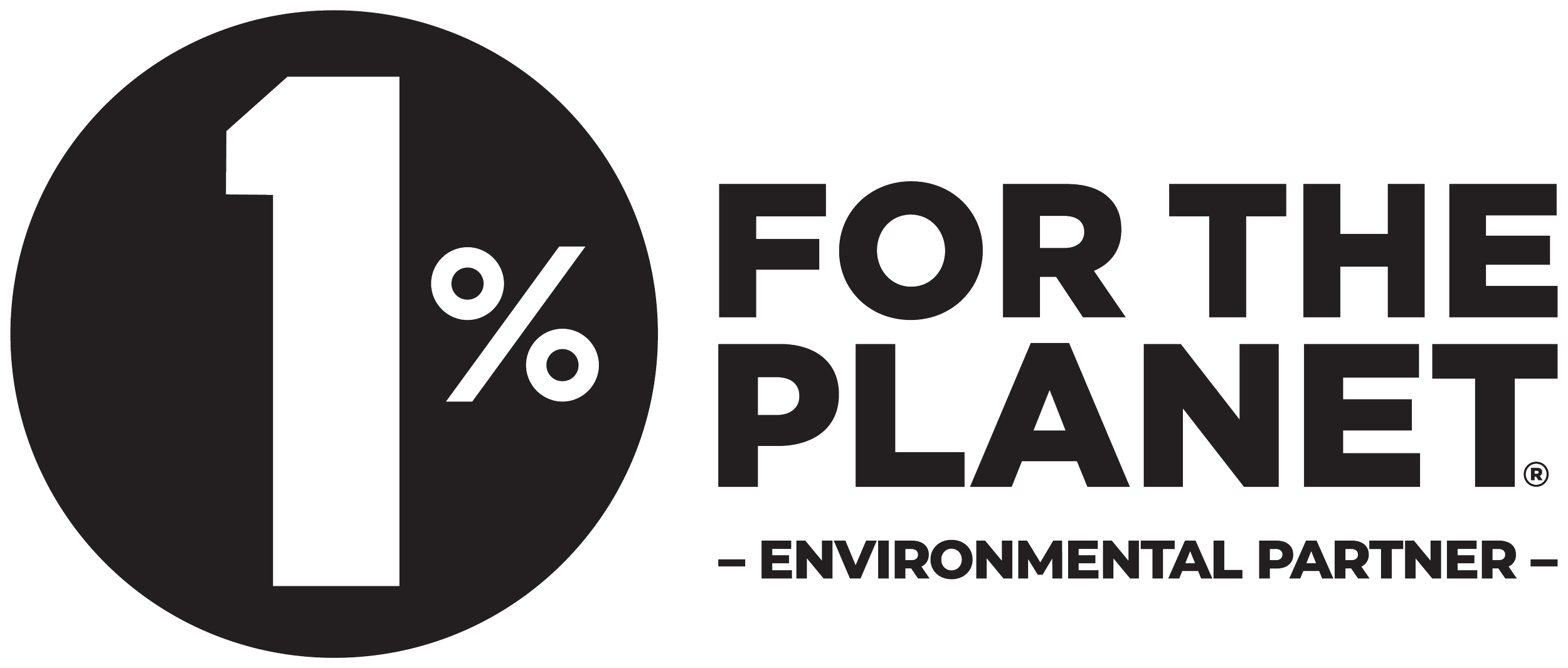Sincere thanks to the France Program Selection Committee! The France Program, MMEG’s fifth and newest program, was launched in 2023 to award grants to French-speaking women from developing countries studying in tertiary education institutions in France. The Selection Committee brilliantly fulfilled the task of shepherding the program through its third year, while ensuring a rigorous screening process that maintains MMEG’s standards for excellence. The Committee was made up of seven skilled and committed volunteers from five different countries. They brought to the selection their individual life experiences and expertise in a wide range of fields including international development, linguistics, health and pharmacology, communications, international relations, risk analysis, and human resources, as well as their collective commitment to advancing women’s education.
The Committee selected three exceptional women studying in the areas of finance, plant science and engineering, and intelligent communications systems, to receive MMEG grants.
We thank the France Program Selection Committee for its diligence and excellent selection, and for furthering MMEG’s mission to improve the lives of women and children by supporting the higher education of exceptional women.
Sincères remerciements au Comité de Sélection du France Program ! Le France Program, le cinquième et plus récent programme de bourses MMEG, a été lancé en 2023 pour accorder des bourses à des femmes francophones, provenant de pays en développement, qui étudient dans des établissements d'enseignement supérieur en France. Le Comité de Sélection a brillamment rempli la tâche de guider le programme à travers sa troisième année, tout en garantissant un processus de sélection rigoureux qui maintient les normes d'excellence de MMEG. Le comité était composé de sept bénévoles douées et engagées, originaires de cinq pays différents. Elles ont apporté à la sélection leurs expériences de vie individuelles et leur expertise dans un large éventail de domaines, notamment le développement international, la linguistique, la santé et la pharmacologie, la communication, les relations internationales, l'analyse des risques et les ressources humaines, ainsi que leur engagement collectif à faire progresser l'éducation des femmes.
Le comité a sélectionné, pour recevoir des bourses MMEG, trois femmes exceptionnelles étudiant dans les domaines de la finance, de la génétique et science des plantes, et des systèmes de communication intelligents.












